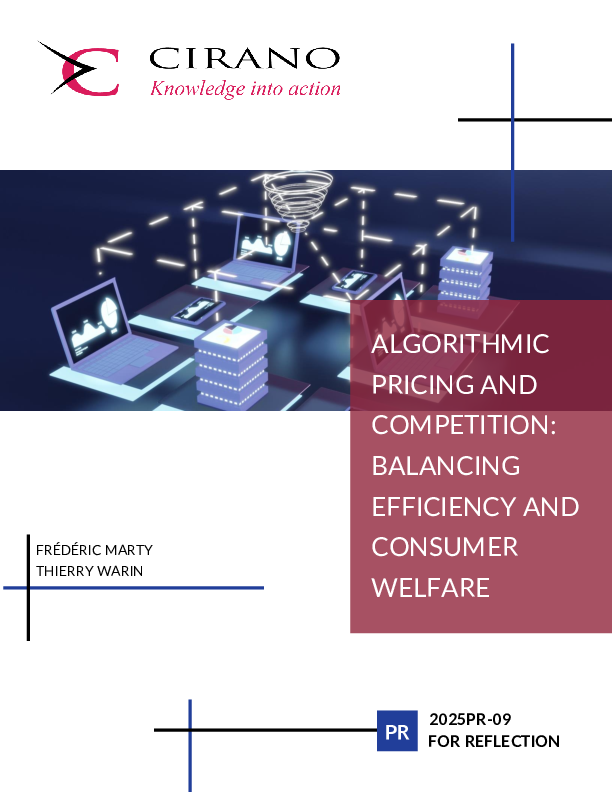Algorithmic Pricing and Competition: Balancing Efficiency and Consumer Welfare
This article examines the competitive implications of algorithmic pricing in digital markets. While algorithmic pricing can enhance market efficiency through real-time adjustments, personalized offers, and inventory optimization, it also raises substantial risks, including tacit collusion, discriminatory pricing, market segmentation, and exploitative consumer manipulation. Drawing on theoretical models, simulations, and emerging empirical evidence, the brief explores how algorithmic strategies may lead to supra-competitive prices without explicit coordination, particularly in oligopolistic or data-rich environments. It also highlights how common algorithm providers, shared data sources, and learning dynamics can undermine competition. Special attention is given to the challenges posed by loyalty penalties, ecosystem lock-in, and granular predatory pricing. The paper concludes with a set of policy recommendations emphasizing updated enforcement tools, transparency mechanisms, ex ante regulation for dominant platforms, and a coordinated approach to digital market oversight that balances innovation with consumer protection.




